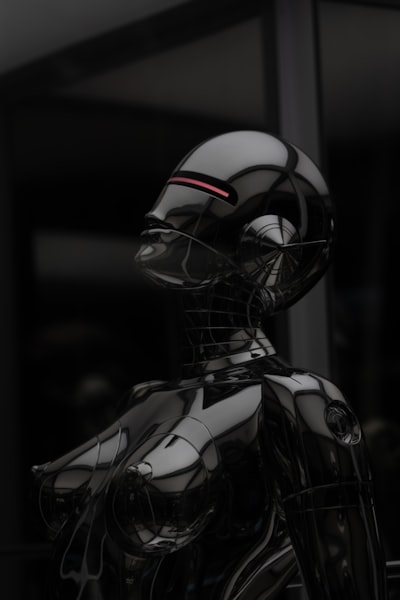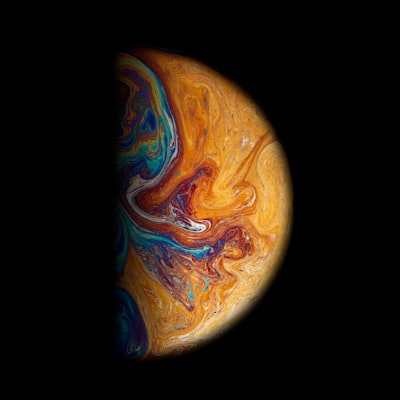At the beginning of the 19th century the world population breached, for the first time in recorded history, one billion people. The French Revolution upended the grasp of ruling classes and set a framework for liberal democracy to supplant fiefdoms with nation-states. The industrial revolution was reshaping all manners of work, class, and political power as man learned to work alongside machine. And the U.S., founded on the vision of a nation that separated church from state, was a mere 24 years old. In this post-rebellion era, drastic changes in power, class, and citizenship created opportunities for unprecedented lifestyles. As those dreams materialized into reality, imaginations expanded. It's in this expansion of the collective human psyche where the seedlings of speculative and science fiction flourished.
There wasn't yet a formal name for this category of fiction. The term 'speculative fiction' wouldn't enter the common lexicon until the 1947. Imaginative literature was either "fantasy", "adventure, or "gothic horror." But even these genres began evolving in the 19th century. With the publication Sara Coleridge's Phantasmion, fantasy untangled itself from religious or moral allegories and the idea of escapist fantasy was introduced to English readers. Whether this was a result of the church's loosening grip over cultural norms or a symbol of increased leisure time to a growing middle class requires more analysis. But more than a symbol, it was a fact. For the 25-50% of literate people in the 19th century leisure, no longer moral training, became a reason to read.
Storytelling advanced in the 19th century with the mass distribution of illustrated stories. In Japan, Hokusai Manga by Katsushika Hokusai was published at the beginning of the century laying the groundwork for common practices in print illustrations. By the end of the century, Richard F. Outcault's Yellow kid was solely boosting the sales of Joe Pulitzer's newspaper New York World. Comics and manga entered the century as nonexistent cultural pieces but by the end shifted market dynamics in American journalism and created an early international community of illustrators between Japan and the U.S.A.
In this context, it's important to recognize another, almost ironic element to speculative literature in this era, and that's that it was a more globalized collection of literature. Today, readers of speculative fiction in the U.S. may read works exclusively written by American authors. The list of top works of speculative fiction from the 21st century is dominated by titles originally published in English; except for Huraki Murakami's 1Q84, which was originally written in Japanese. A survey of top works of speculative fiction from the 19th century (this list) includes works originally written in Japanese, German, Russian, French, Italian, and, of course, English. This could be explained simply by a matter of titles available. Publishers don't need to seek publication of titles from other nation's if enough author's are producing works in their home nation. But it's also a product of the publishing industry shifting from the global powerhouse of London to the burgeoning NYC later in the 20th century.
It's perhaps from this point that we recognize another trend unique to this century, and that is the overwhelming impact of "adventure" literature. The 19th century marked the beginning of normalized global travel. Tens of millions of Europeans re-identified as Americans. And as people spread more quickly across the globe, products and ideas germinated in cultures alien to people's ancestors. Perhaps this explains the fascination and impact of Moby Dick. Whatever the reason, one cannot understand the early imaginative literature without situating these works in the rapid global changes of the century.
Below is a (subjective) list of the top works of speculative fiction from this tremendous era of global change.
Enjoy, happy reading, and let me know which of these books you enjoy most!
Affiliate Disclosure: purchases made through the following "buy from" links offers me the opportunity to make commission off those sales, and to keep my site ad-free.

Hokusai Manga by Katsushika Hokusai
1814 · Manga
Considered one of the founding artists of the work that would eventually be coined "manga" by Kitazawa Rakuten in the early 20th century. The relationship between U.S. and Japanese comics, as well as the rise of anime and U.S. film adaptations of comics makes these works historically significant for their early role in what has become an empire on paper and screen.

Frankenstein; or, The Modern Prometheus by Mary Shelley
1818 · Horror
Mankind wrestles with the terrors of its own creation in this classic horror.
“Nothing is so painful to the human mind as a great and sudden change.”
“Beware; for I am fearless, and therefore powerful.”
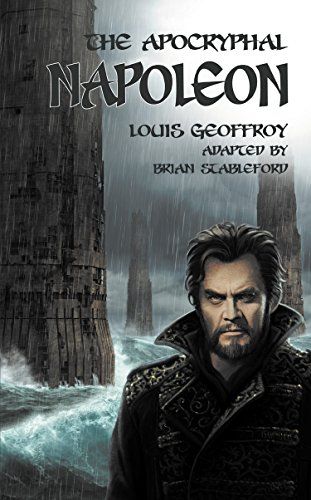
Napoleon and the Conquest of the World by Louis Geoffroy
1836 · Alternative History
A history that imagines if Napoleon was never defeated in Russia and proceeded to rule the world. Released in English as "The Apocryphal Napoleon." English editions in the original title are extremely rare, and if you find a copy protect it.
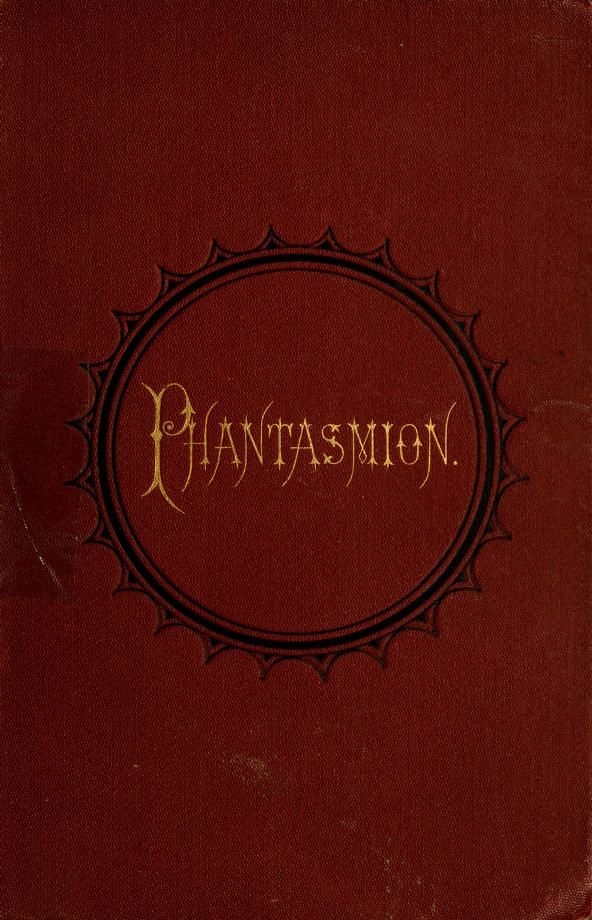
Phantasmion: A Fairy Tale by Sara Coleridge
1837 · Fantasy
The first children's book to break the tradition of moral fantasy.
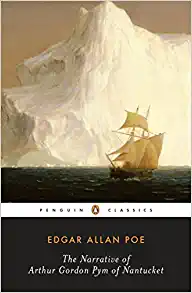
The Narrative of Arthur Gordon Pym of Nantucket by Edgar Allan Poe
1838 · Adventure
A book that extrapolates a 19th Century belief now known as the hollow earth theory, and is cited as influencing Herman Melville and Jules Verne in their later works. Ultimately, this is a book about how reality can erode one into disbelieving all their senses.

A Christmas Carol by Charles Dickens
1843 · Surreal
Bah Humbug.
“It is a fair, even-handed, noble adjustment of things, that while there is infection in disease and sorrow, there is nothing in the world so irresistibly contagious as laughter and good humour."
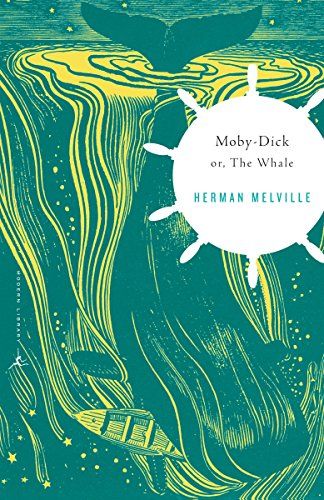
Moby Dick; or, The Whale by Herman Melville
1851 · Adventure
“It is not down on any map; true places never are.”
“There are certain queer times and occasions in this strange mixed affair we call life when a man takes this whole universe for a vast practical joke, though the wit thereof he but dimly discerns, and more than suspects that the joke is at nobody's expense but his own.”

Alice's Adventure in Wonderland by Lewis Carroll
1865 · Fantasy
Follow the white rabbit.
“I almost wish I hadn't gone down that rabbit-hole—and yet—and yet—it's rather curious, you know, this sort of life!”
“If you knew Time as well as I do,’ said the Hatter, ‘you wouldn’t talk about wasting it.”
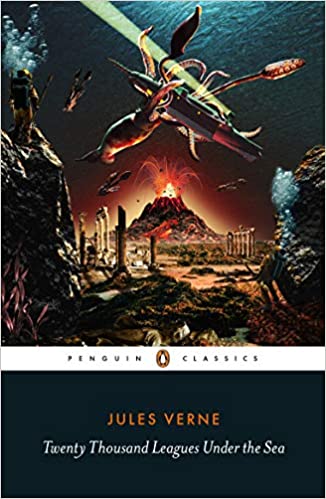
Twenty Thousand Leagues Under the Seas by Jules Verne
1872 · Adventure
Considered one of the top 100 novels in English, of all time. Also riled with plagiarism claims. Specifically, from Zamyatin's We.
“We may brave human laws, but we cannot resist natural ones.”
“Nature's creative power is far beyond man's instinct of destruction.”
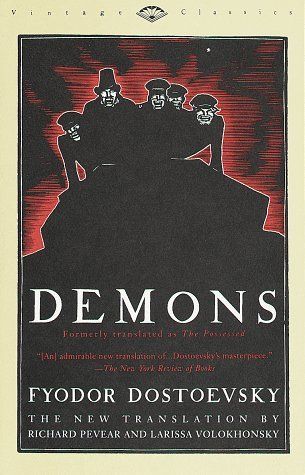
Demons by Fyodor Dostoevsky
1873 · Horror
Considered one of the top 100 novels in English, of all time. Also riled with plagiarism claims. Specifically, from Zamyatin's We.
“If you want to overcome the whole world, overcome yourself.”
“God is the pain of the fear of death.”
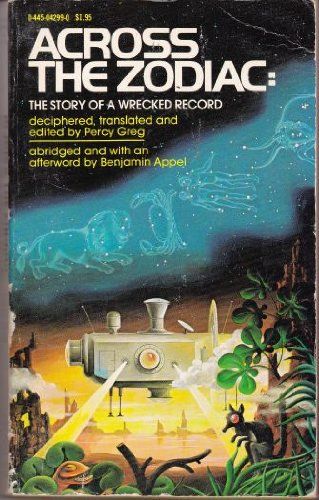
Across the Zodiac: The Story of a Wrecked Record by Percy Greg
1880 · Science Fiction
Considered the first sci-fi novel set on Mars.
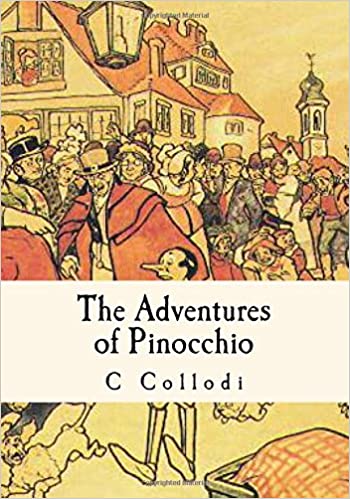
The Adventures of Pinnochio by Carlo Collodi
1883 · Fantasy
Eleven would appreciate this friend who couldn't lie.
“Never trust people who promise to make you rich in a day. They are generally crazy swindlers”
“What matters school? We can go to school to-morrow. Whether we have a lesson more or a lesson less, we shall always remain the same donkeys.”
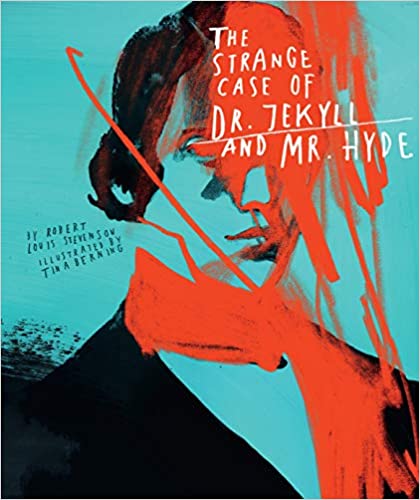
Strange Case of Dr Jekyll and Mr Hyde by Robert Louis Stevenson
1886 · Gothic Horror
A story about how two people become one through their lowest common denominator.
“It is one thing to mortify curiosity, another to conquer it. ”
“With every day, and from both sides of my intelligence, the moral and the intellectual, I thus drew steadily nearer to the truth, by whose partial discovery I have been doomed to such a dreadful shipwreck: that man is not truly one, but truly two.”
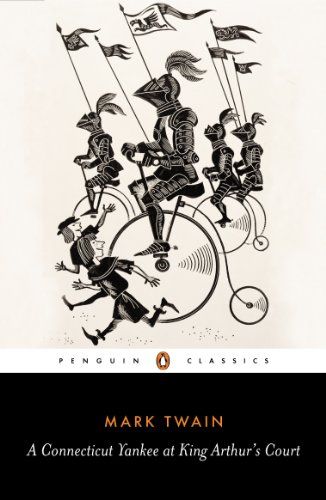
A Connecticut Yankee in King Arthur's Court Mark Twain
1889 · Alternative History
A Yankee discovers himself again in King Arthur's court, and uses the knowledge he brought from the future to escape.
“You can't depend on your eyes when your imagination is out of focus.”
“You can't reason with your heart; it has its own laws, and thumps about things which the intellect scorns.”
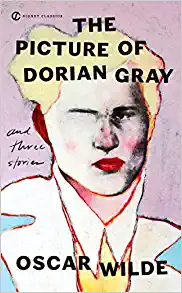
The Picture of Dorian Gray by Oscar Wilde
1890 · Gothic
If you could sell your soul for everlasting beauty, would you?
“The books that the world calls immoral are books that show the world its own shame.”
“Experience is merely the name men gave to their mistakes.”
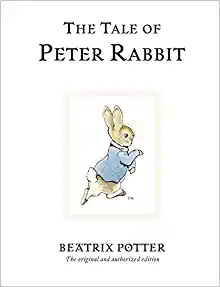
The Tale of Peter Rabbit by Beatrix Potter
1893 · Fantasy
Though not available to the public until the 20th century. This story was written in 1893 and after years of rejections from publishers was self-published by Beatrix in 1901. The book then is significant not just for its narrative, but for Beatrix's trailblazing efforts in circumventing publishing houses to share his story.“But I don’t want comfort. I want God, I want poetry, I want real danger, I want freedom, I want goodness. I want sin.”
“I am aware these little books don't last long even if they are a success.”
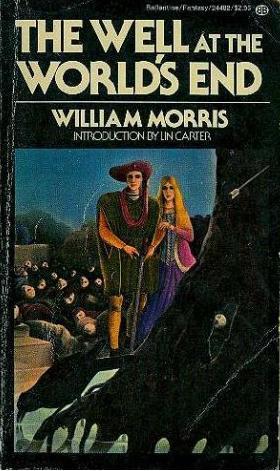
The Well at the World's End by William Morris
1896 · Fantasy
“Let tomorrow cross its own rivers.”
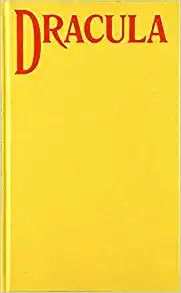
Dracula by Bram Stoker
1897 · Gothic Horror
“Remember my friend, that knowledge is stronger than memory, and we should not trust the weaker.”
““I want you to believe...to believe in things that you cannot.”
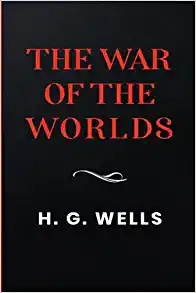
The War of the Worlds by H.G. Wells
1898 · Science Fiction
The classic story of an alien invasion that caused pandemonium among early listeners when the story was broadcast on radio.
“We must remember what ruthless and utter destruction our own species has wrought, not only upon animals, such as vanished bison and the dodo, but upon its own inferior races. The Tasmanians . . . were entirely swept out of existence in a war of extermination waged by European immigrants, in the space if fifty years. Are we such apostles of mercy as to complain if the Martians warred in the same spirit?”

